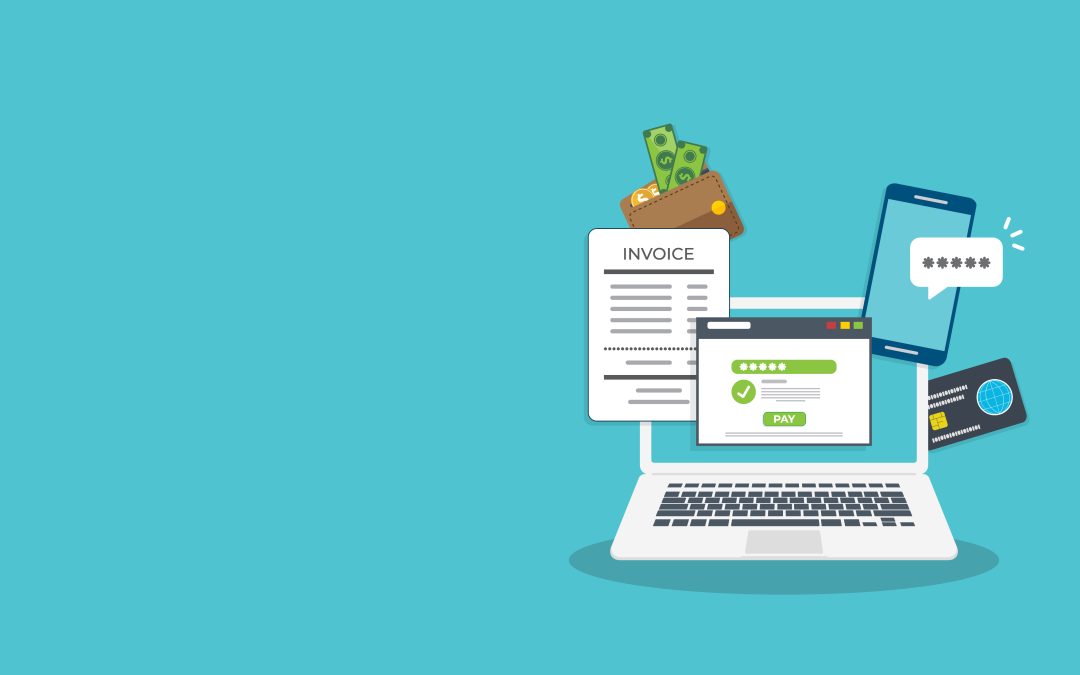Fast-Track Your Payments: A Small Business Guide to Getting Paid on Federal Contracts
How to Get Paid Faster on Federal Contracts? When working with the federal government, small businesses often face challenges with delayed payments. To address this issue, various Prompt Payment Initiatives have been introduced to ensure faster and more reliable payments to contractors and subcontractors. Below, Cheryl Jefferson & Associates will answer some common questions about these initiatives and how they impact small businesses.
Q1: What are Prompt Payment Initiatives?
A: Prompt Payment Initiatives are government efforts designed to ensure federal contractors and subcontractors receive timely payments for their services. These initiatives set payment deadlines, reduce bureaucratic delays, and improve cash flow for small businesses working with the federal government. They also help ensure small businesses can continue operating smoothly without facing financial hardships due to delayed payments.
Q2: What is the standard payment timeframe for federal contracts?
A: Under the Prompt Payment Act (PPA) and Federal Acquisition Regulation (FAR) Part 32.9, federal agencies are required to pay contractors within 30 days of receiving a proper invoice unless a contract states otherwise. This regulation ensures that businesses are not left waiting indefinitely for their payments. However, recent initiatives aim to accelerate this timeline for small businesses to improve their cash flow and reduce financial strain. In some cases, agencies have internal policies that prioritize faster payments, particularly when working with small businesses. Understanding contract terms and federal policies is crucial to leveraging these faster payment options.
Q3: How does the OMB Memo M-22-02 impact small businesses?
A: The Office of Management and Budget (OMB) Memo M-22-02, issued in 2021, encourages federal agencies to pay small business contractors within 15 days instead of 30 days. This initiative is particularly important for small businesses that may not have large cash reserves to sustain operations while waiting for payments. By reducing the standard payment timeframe, this initiative helps businesses stay financially stable, cover payroll, pay vendors on time, and reinvest in growth opportunities. Federal agencies are strongly encouraged to adhere to this guideline, though it is not always mandatory.
Q4: Are subcontractors covered under these initiatives?
A: Yes! The government is pushing for faster payments to subcontractors as well. Under the Small Business Payment Accelerator Act, prime contractors working with small business subcontractors are encouraged to pass down these benefits, ensuring that smaller firms get paid promptly. One major challenge subcontractors face is delayed payments from prime contractors. Even if the government pays the prime contractor on time, there is no guarantee that funds will immediately reach the subcontractors. To mitigate this risk, subcontractors should:
- Clearly outline payment terms in their agreements with prime contractors.
- Use legal protections, such as prompt payment clauses.
- Track invoice submissions and follow up regularly.
Q5: How can small businesses ensure they get paid on time?
A: To take advantage of prompt payment initiatives, small businesses should:
- Submit accurate and complete invoices that comply with contract terms. Missing or incorrect information can result in payment delays.
- Use electronic invoicing systems such as the Invoice Processing Platform (IPP) or Wide Area Workflow (WAWF) for DoD contracts. These platforms streamline the process and allow for better tracking of payments.
- Monitor invoice status through government payment tracking systems to ensure invoices are being processed on time.
- Follow up with contracting officers if a payment is delayed beyond the expected timeframe. Keeping open lines of communication with the government agency can help resolve issues quickly.
- Negotiate better payment terms upfront in contracts. If cash flow is a concern, businesses can request shorter payment terms during contract negotiations.
Q6: What happens if the government fails to make payments on time?
A: If an agency fails to pay within the required timeframe, interest penalties may be applied under the Prompt Payment Act. These penalties are calculated based on the U.S. Treasury’s interest rate for late payments and must be included in the final payment to the contractor. For contractors, it is important to:
- Keep detailed records of invoice submissions and correspondence with contracting officers.
- Be aware of the Treasury’s interest rate and ensure they receive proper interest payments if delays occur.
- Consider seeking assistance from legal or financial professionals if payment disputes arise.
Q7: How do these initiatives impact government budgeting and contract management?
A: By ensuring timely payments, these initiatives help contractors maintain financial stability, avoid cash flow disruptions, and improve overall contract performance. When small businesses receive payments on time, they can allocate resources more effectively, enhance service delivery, and avoid unnecessary borrowing costs. From a government agency perspective, adhering to prompt payment policies reduces administrative burdens, improves vendor relationships, and ensures that high-quality contractors remain engaged in federal work. When payments are delayed, agencies risk losing reliable suppliers and increasing costs due to financial instability among contractors.
Q8: Where can small businesses find more information on these programs?
A: Small businesses can learn more about prompt payment policies through:
- The Federal Acquisition Regulation (FAR) Part 32.9 – Covers detailed regulations related to prompt payments.
- The Office of Management and Budget (OMB) – Provides updates on financial management policies affecting government payments.
- The Small Business Administration (SBA) resources on government contracting – Offers guidance on navigating federal contracts and payment policies.
- The Department of Defense (DoD) Procurement Toolbox – Includes invoicing guidance for DoD contractors.
Final Thoughts
Prompt Payment Initiatives are a game-changer for small businesses in federal contracting. By understanding the latest policies and ensuring proper invoicing, small business owners can benefit from faster payments, improved cash flow, and reduced financial stress. These initiatives are designed to provide relief and stability for government contractors, but businesses must be proactive in leveraging them. To avoid cash flow disruptions, federal contractors should focus on:
- Submitting error-free invoices and using electronic payment systems.
- Negotiating favorable payment terms in contracts.
- Keeping detailed records of payment schedules and following up with contracting officers.
Staying informed and taking proactive steps can make a significant difference in ensuring that small businesses receive payments on time and in full. Have questions about getting paid faster on government contracts? Reach out to us here at Cheryl Jefferson & Associates for help and expert guidance!
Contributed By: Amanda Dunning

